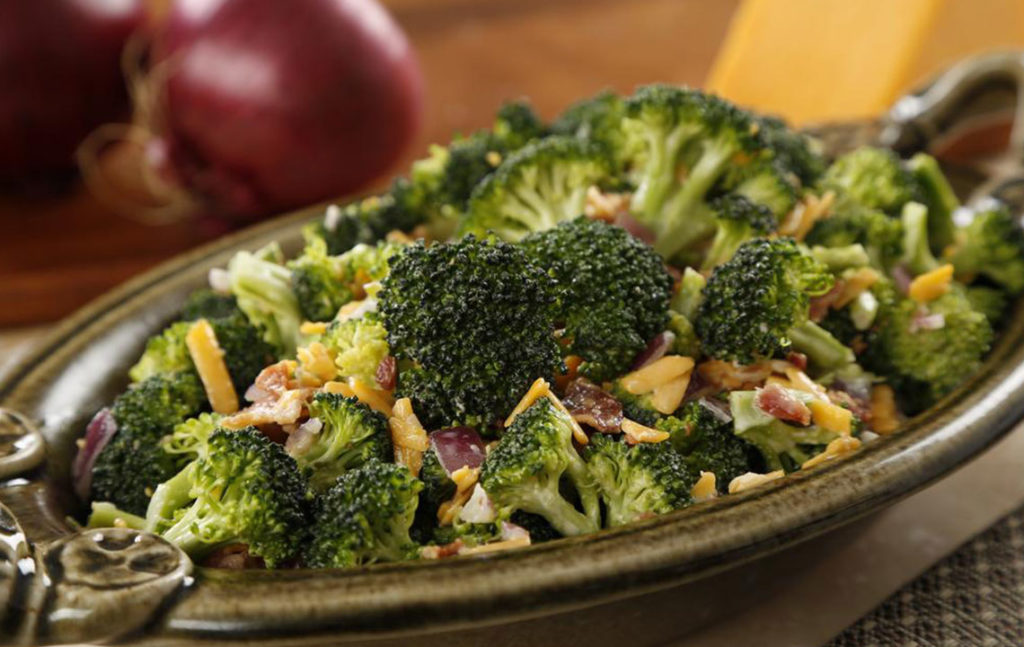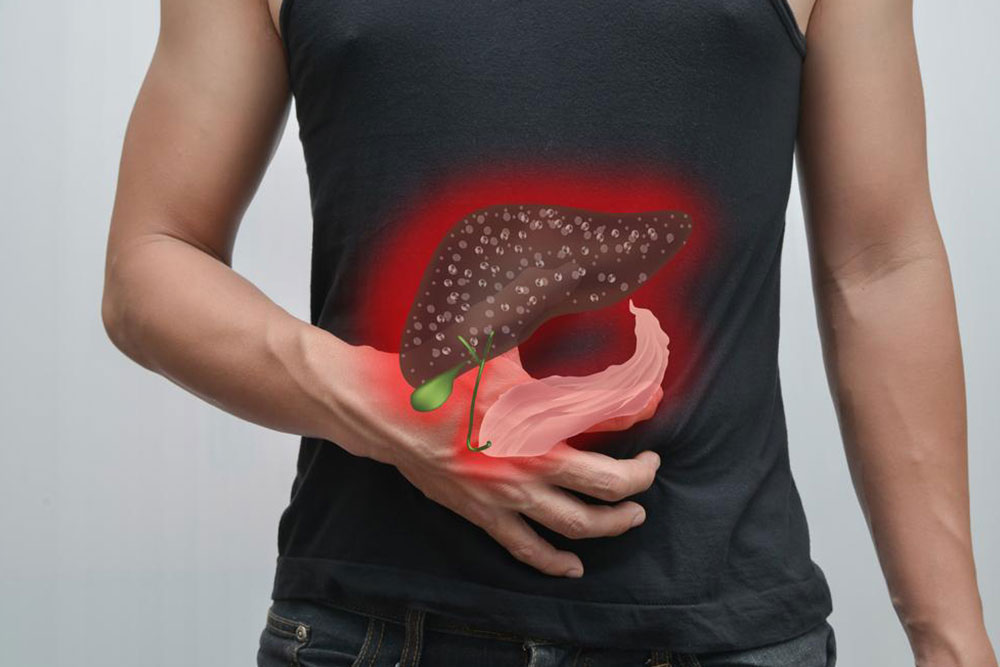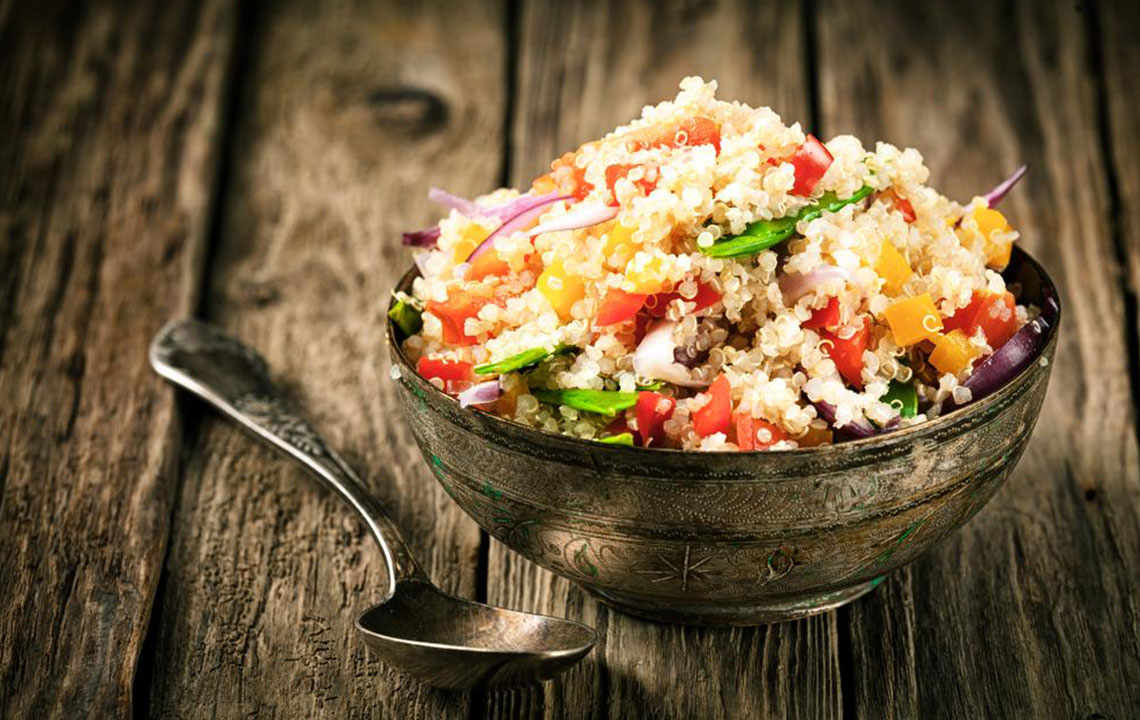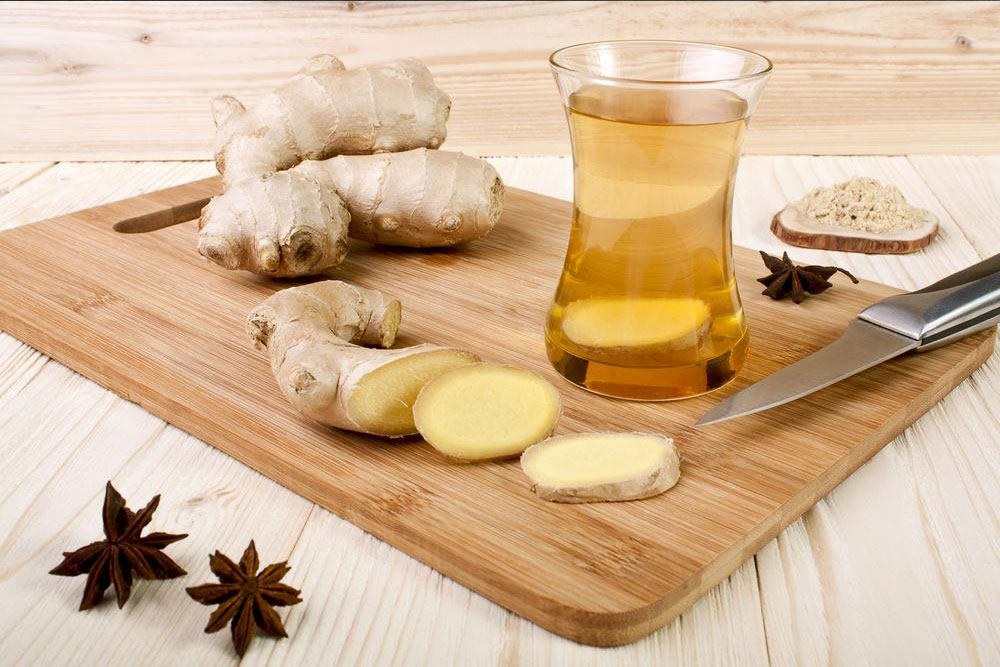Incorporating Nutrient-Rich Vegetables for Better Health
Discover the benefits of adding high-fiber vegetables like broccoli, artichokes, and Brussels sprouts to your diet. These nutrient-dense foods promote digestion, reduce disease risk, support immune health, and assist in weight management. Incorporate a variety of raw or cooked vegetables into your daily meals for improved well-being and a healthier lifestyle.

Boost Your Health with Nutrient-Dense Vegetables Rich in Fiber
Dietary fiber, a non-digestible component found in plant foods, plays a crucial role in maintaining overall health. It exists in two forms: soluble and insoluble, both essential for optimal well-being. Soluble fiber dissolves in water, forming a gel-like substance, while insoluble fiber adds bulk to stool. Both types help prevent chronic illnesses, lower bad cholesterol, promote healthy digestion, and regulate blood sugar levels. Additionally, fiber supports weight management and reduces constipation, making it a vital part of a balanced diet.
There is a wide variety of high-fiber vegetables to incorporate into your meals, each offering unique health benefits. Here are some excellent options to add to your diet:
Broccoli: A popular high-fiber vegetable, broccoli is packed with nutrients such as potassium, omega-3 fatty acids, vitamins C and K. One cup of cooked broccoli provides about 5 grams of fiber. It supports intestinal health, reduces the risk of cancer, diabetes, and heart disease, and boosts antioxidant activity and detoxification.
Artichoke: Rich in fiber, vitamins, minerals, and antioxidants, artichokes promote digestion, support immune health, and may lower the risk of cancer and heart disease. A cup of cooked artichoke contains approximately 10.3 grams of fiber, helping maintain blood pressure and blood sugar levels.
Brussels Sprouts: Loaded with fiber, vitamins, and minerals, Brussels sprouts enhance bone health, and lower the risks related to diabetes, cancer, and cardiovascular issues.
Green Peas: These nutritious peas are high in fiber, protein, and vitamins. They aid in preventing constipation, support blood vessel health, and reduce cardiovascular risk through their antioxidant and anti-inflammatory properties.
Other fiber-rich vegetables include turnip greens, asparagus, winter squash, spinach, carrots, and potatoes with skin. These vegetables can be enjoyed raw or prepared by steaming, boiling, or roasting.
Including these vegetables in your daily meals offers numerous health advantages, contributing to a balanced and nutrient-rich diet.
Note:
Information provided in this article is for educational purposes only. It should not replace professional medical advice. Always consult healthcare professionals before making dietary or health-related changes. The content does not substitute personalized medical guidance.










